Related
Like a Dragon: Pirate Yakuza in Hawaiilaunched last week.
This is pretty remarkable because the Like a Dragon games aren’t small.
The wildest part is that Ryu Ga Gotoku has never changed its pace.
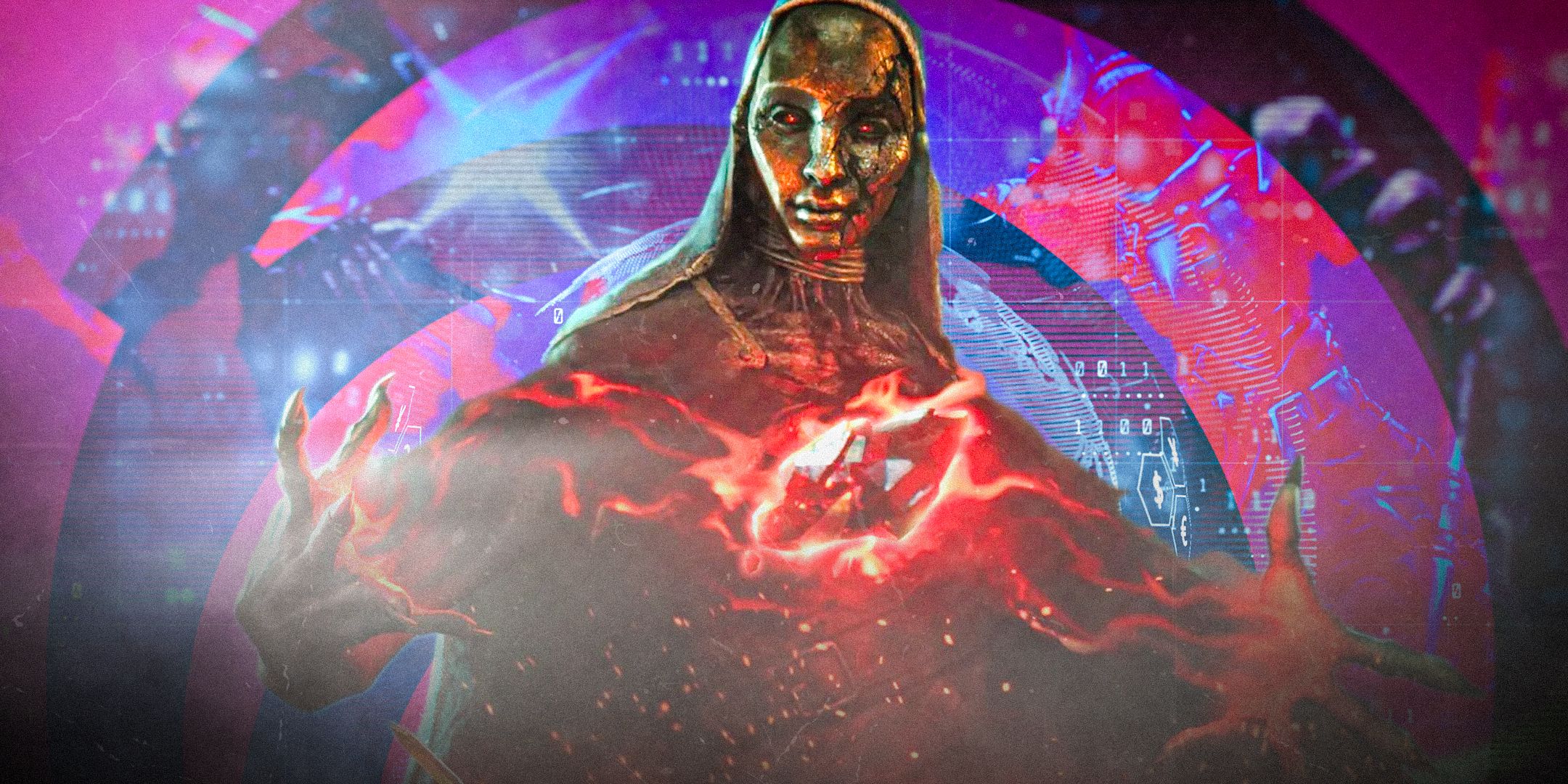
Note: It also launched Yakuza spin-offs in 2008, 2010, and 2011.
In both cases, it released multiple the year before.
This is a cadence that basically no one else in the industry is keeping to.
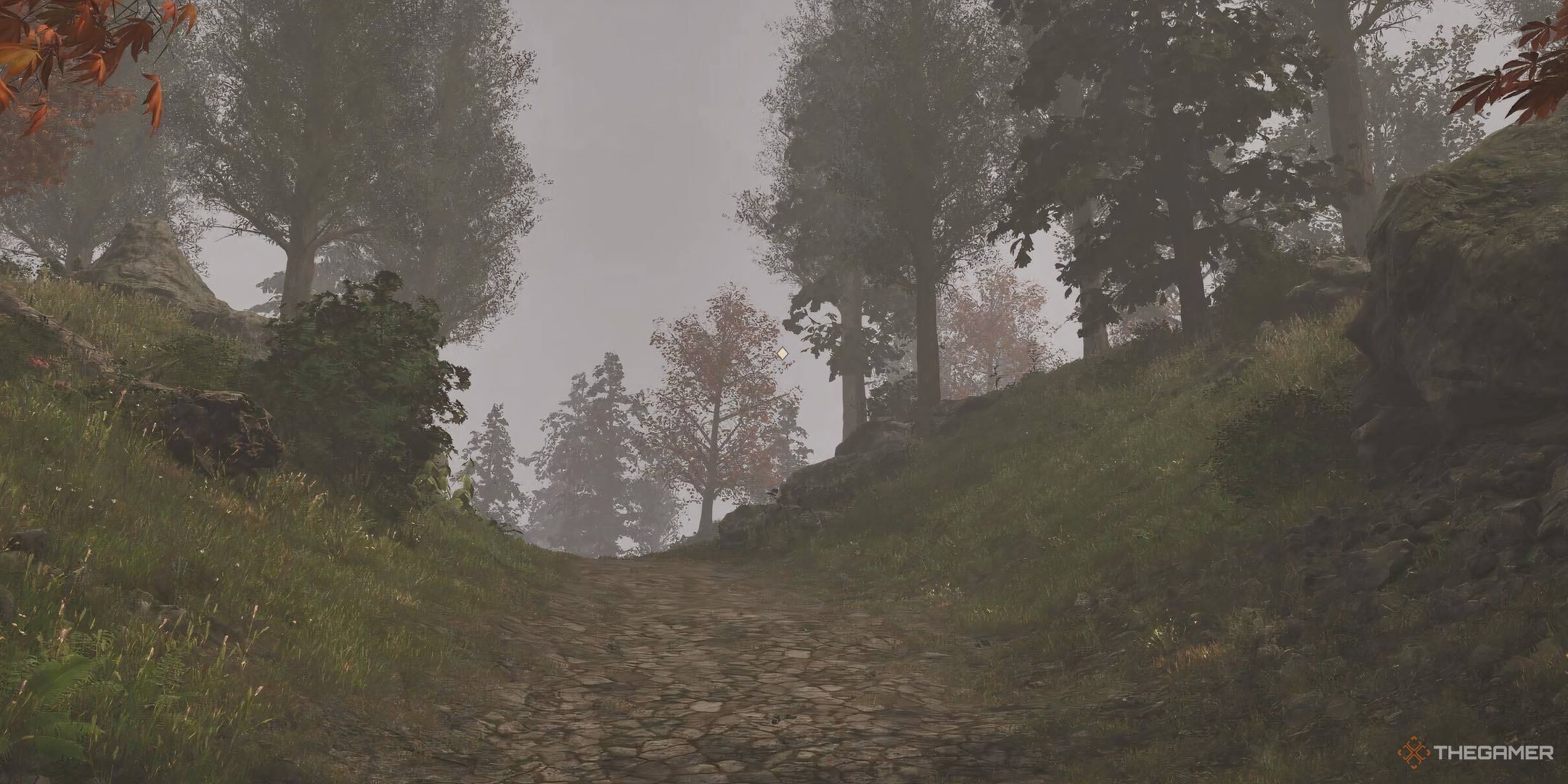
How would the industry change if RGG was the model, not the exception?
The most obvious answer is asset reuse.
Most of the Like a Dragon games are set in Kamurocho, a fictional district in Tokyo.
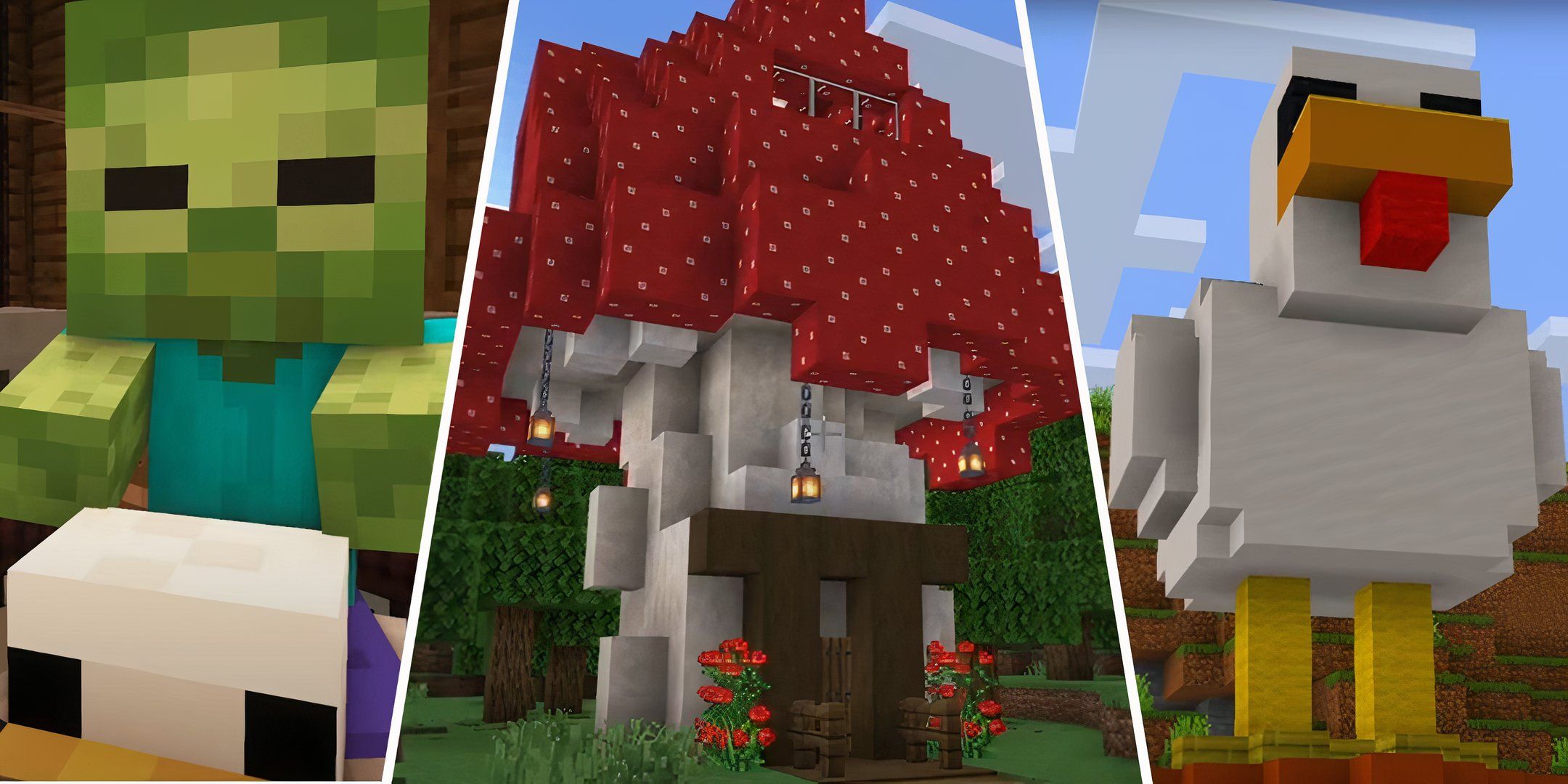
But Ryu Ga Gotoku is starting with a solid base.
It has a setting, with all the level design and assets and art direction that entails.
It can change aspects, but it doesn’t have to build something entirely new with every game.
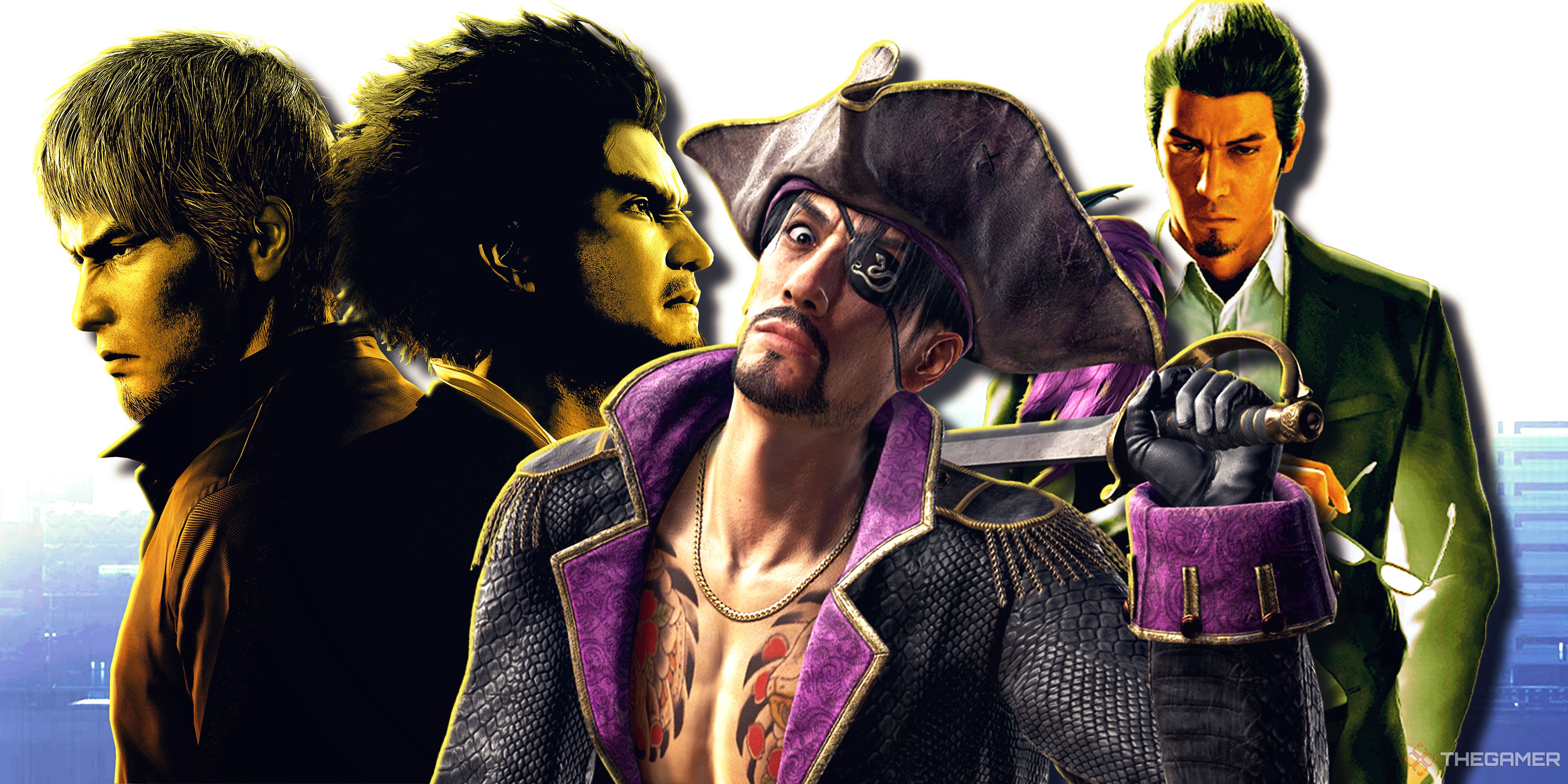
RGG also embraces iterative change.
It doesn’t reinvent the wheel with each game.
Until Yakuza: Like a Dragon, the mainline games didn’t change combat much in a new entry.
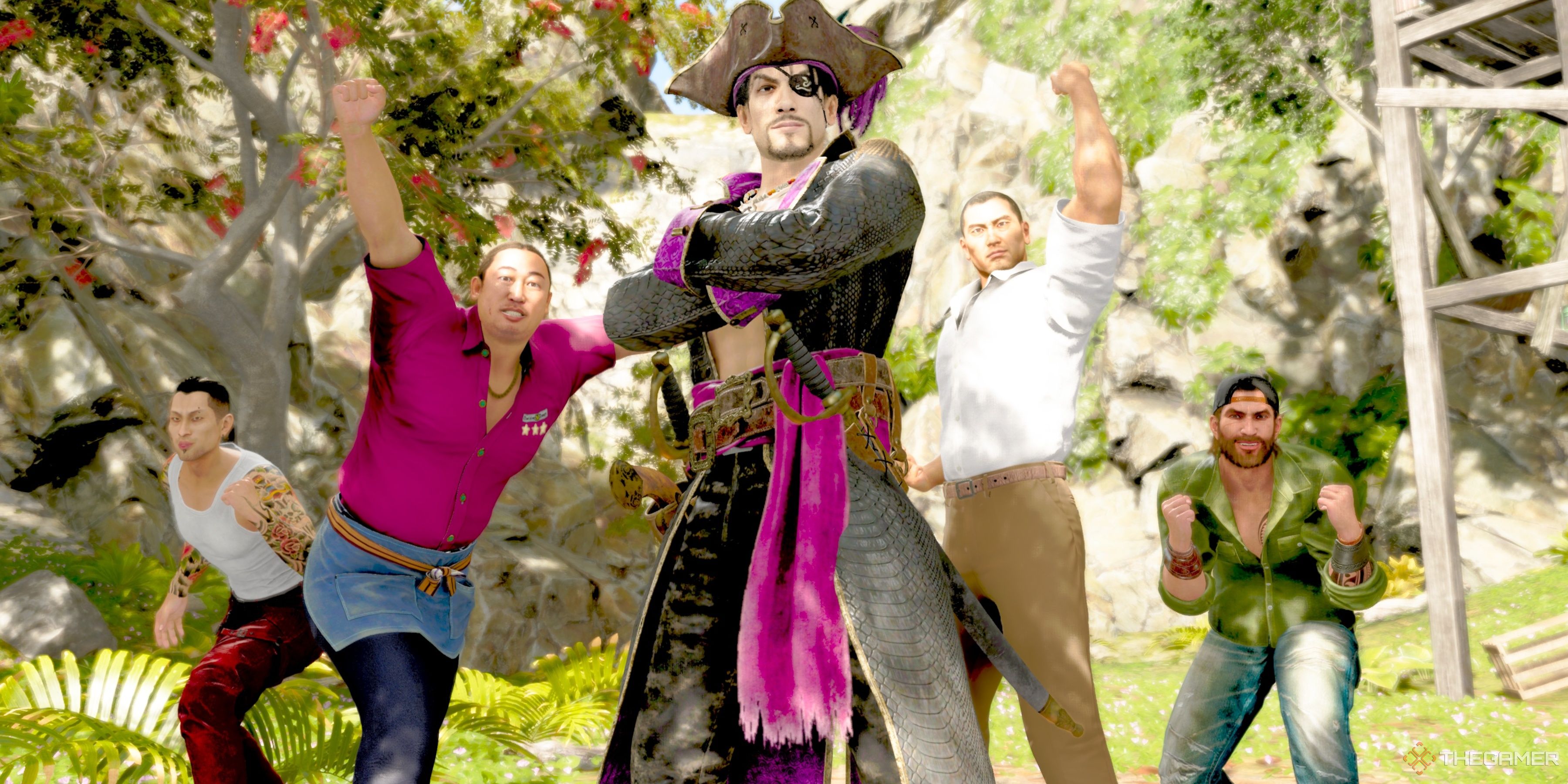
These games don’t change everything at once.
Appropriately for Pirate Yakuza, they treat the series as a huge boat that turns slowly.
What if the rest of the industry tried that for a few years?

What if Naughty Dog had followed The Last of Us Part 2 up with another Seattle-based entry in 2021?
What ifRockstarhad stayed in Los Santos and launched GTA 6 in 2014?
These situations sound borderline impossible and, in some cases, might lead to worse games.

It might not work for everyone, but it would work for more studios than just RGG.
Trends are a moving target and they move a lot faster than game development.